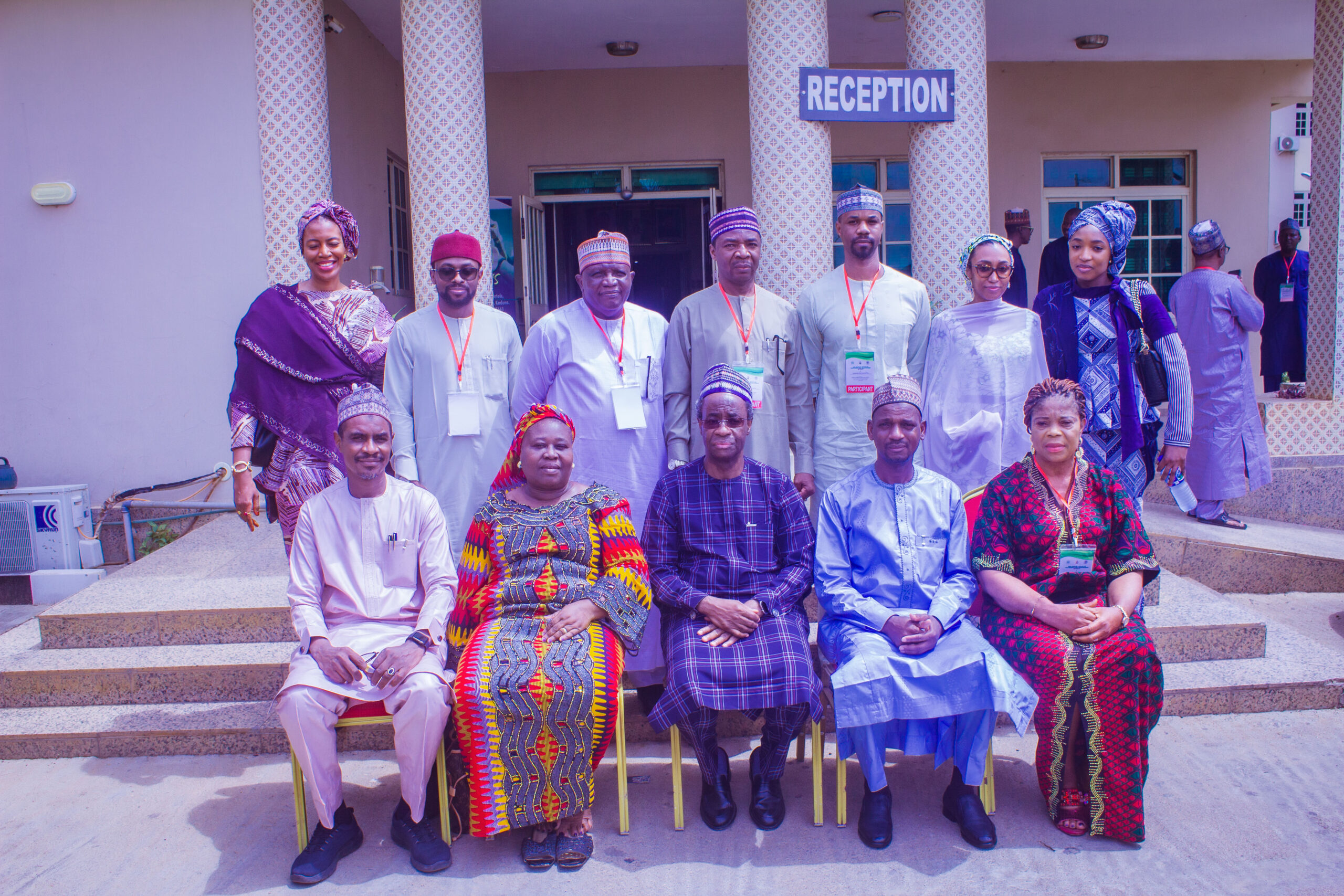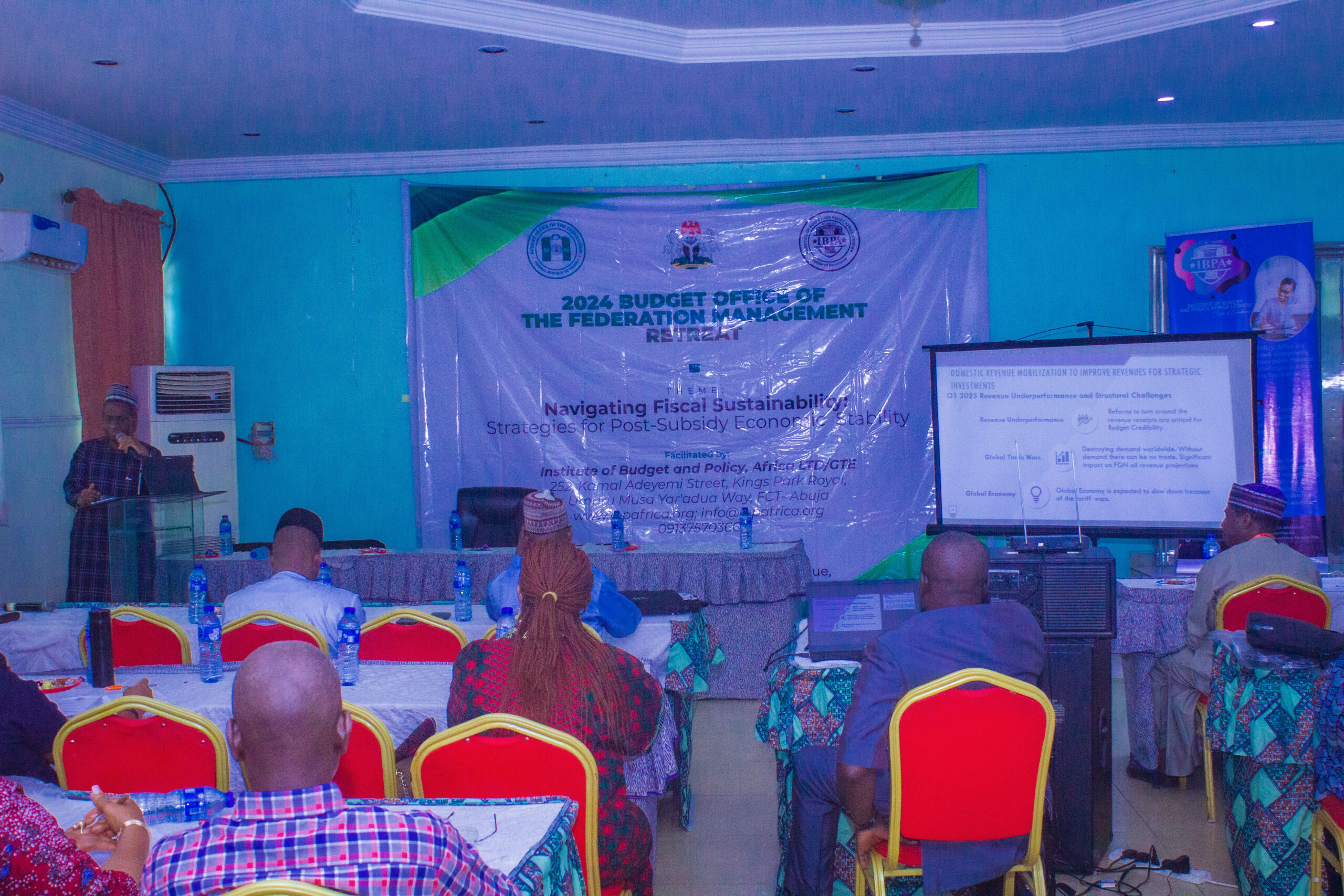Who is responsible for Nigeria’s debt Management?
The Debt Management Office (DMO) was established in 2003 by the Debt Management Office (Establishment, ETC) Act, 2003 (DMO Act) . The creation of DMO consolidated the debt management functions in a single agency, ensuring proper coordination of Nigeria’s borrowings, debt recording, debt service, debt negotiation and publication of the public debt. Section 6 of the DMO Act lists the function of the DMO.
Public Debt Management in Nigeria is regulated and governed by a number of the legislations but two (2) out of these are key. They are: the Fiscal Responsibility Act, 2007 and the DMO Act. The Stakeholders involved in the public debt management and activities are: the National Assembly (NASS), Federal Executive Council, Federal Ministry of Finance (FMF), Federal Ministry of Budget and Economic Planning (FMBEP), Central Bank of Nigeria (CBN), Office of the Accountant-General of the Federation (OAGF) and the DMO. Effective Debt Management of which financing is extremely important at all times particularly in periods of economic uncertainties and volatilities in the global and national environment.



Borrowings and Sources
The DMO raises funds from external and domestic sources on behalf of the Federal Government of Nigeria (FGN).
External Sources
Domestic Sources
The DMO also issues PNotes on behalf of the FGN and they are included in the Public Debt Stock. They are for the settlement of the Arrears of the FGN to various vendors. Issued only after Federal Executive Council and NASS approvals.
Non-interest bearing.
The Sinking Fund in the Appropriation Act is for the redemption of the PNotes.
Views: 1

